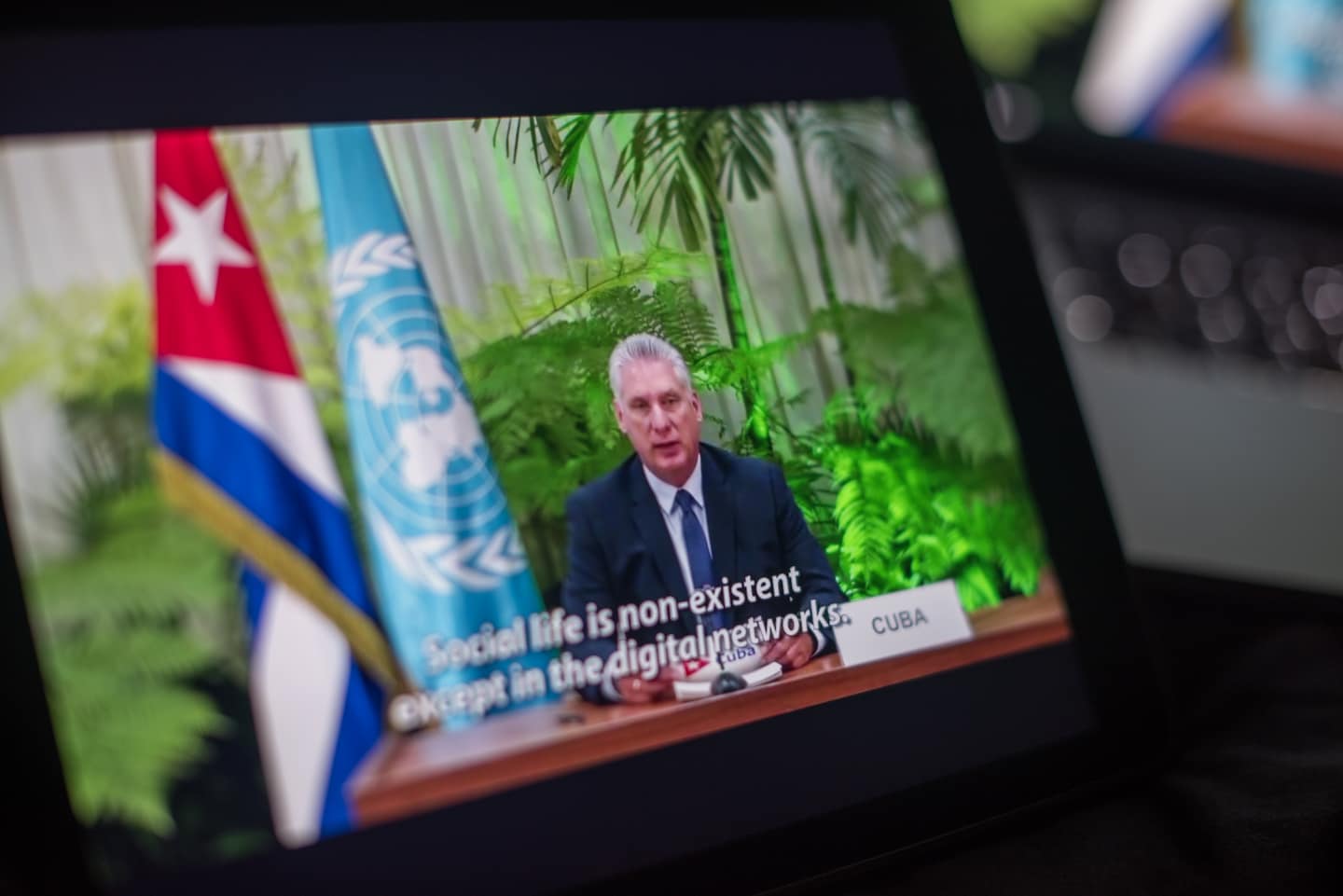If this is my last column here, it’s because I’ve been imprisoned in Cuba

I suffered a very serious act of violence on Thursday, but what happened to me was not even the worst of the arbitrary detentions that political dissidents, activists, artists and other independent journalists frequently suffer in Cuba. It is a fact that many fundamental rights, such as freedom of expression, press and association, don’t exist in Cuba, because the regime is incapable of coexisting with people who think differently. But the Cuban government not only systematically commits flagrant violations of human rights, it also has the nerve of seeking a seat on the Human Rights Council of the United Nations.
In Cuba, the only journalists authorized by the state to practice the profession are those who decide to do so in the Communist Party media, which is the only party recognized by the state. This is what the constitution dictates. Therefore, the regime has the power to harass and repress journalists who work outside that legal umbrella, in the ecosystem of independent media.
State security is the agency tasked with making our lives difficult, the one in charge of hijacking the reality of Cuba. State security can have your mother fired from her job. State security can summon your father for questioning. State security can write slanderous messages to your pregnant partner. State security can put a neighbor in jail and then question that neighbor just because he’s your friend. State security can detain you at your own home whenever they please. State security can prohibit you from leaving the country. State security can tap your phones and cut off your Internet.
State security can do all this, which is more or less the summary of what it has done to me in recent years, but I say, once again, that I have fared better than other victims.
Now, state security doesn’t want me to write this column. They don’t want me to write what I write here. The accounts of life in Cuba that I publish every month are part of what the Cuban government wants to keep under lock to protect the progressive image that it tries to cultivate worldwide. Part of the essence of totalitarian regimes is to silence the voices that narrate the most subversive aspects of daily life.
That’s why they stripped me, that’s why they handcuffed me, and that’s why they warned me that if I wrote one more column — meaning this one — they would take me to prison. What would be the charge? It doesn’t really matter: State security has been building legal cases against innocent people for more than six decades. If they decide to carry out their threat, they will find a crime and smear me with some interpretation of the law to criminalize my actions.
On the day of my detention, President Miguel Díaz-Canel posted on Twitter a photo of a smiling Fidel Castro, followed by the phrase: “The ridiculous pretense of imposing solutions by force is incompatible with all civilized reason and the essential principles of international law.”
It’s a coherent message, but where was the civility during my arbitrary detention? Where was the respect for international law and my rights during the hours of interrogation? It was all a despotic abuse. I urge the president of Cuba to truly comply with one of the essential principles of international law: Informing is not a crime. If I go to prison for writing this column, those words should be used to hold you accountable.
Read more:






